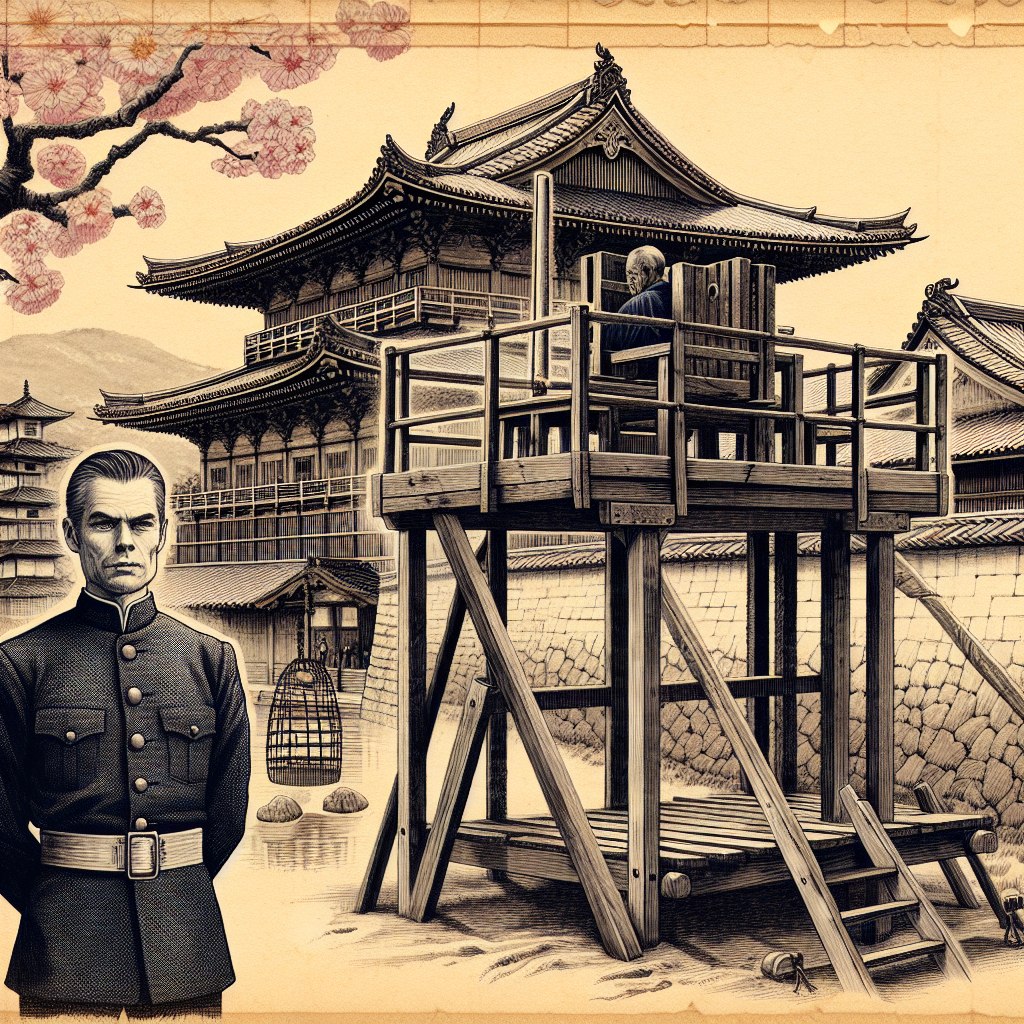Unannounced Executions: The Death Penalty in Japan
Unannounced Executions: The Death Penalty in Japan
Overview of Japan’s Death Penalty System
Japan remains one of the few developed nations that still enforces the death penalty. The system is characterized by its secrecy and lack of transparency, with executions often carried out without prior notice to the inmates or their families.
Key Characteristics of the System
- Secrecy: Executions are typically unannounced, with inmates informed only hours before they are to be executed.
- Isolation: Death row inmates are kept in solitary confinement, often for years, with limited contact with the outside world.
- Public Opinion: Despite international criticism, a significant portion of the Japanese public supports the death penalty, viewing it as a necessary deterrent to serious crimes.
International Criticism and Human Rights Concerns
Japan’s approach to the death penalty has drawn criticism from human rights organizations and international bodies. Concerns focus on the psychological impact of prolonged solitary confinement and the lack of transparency in the execution process.
Recent Developments and Discussions
There have been calls for reform within Japan, with some legal experts and activists advocating for greater transparency and a reevaluation of the death penalty’s role in the justice system. However, significant changes remain elusive.
Conclusion
Japan’s death penalty system is marked by secrecy and isolation, with executions carried out without prior notice. While public support remains strong, international criticism highlights significant human rights concerns. The debate over the future of capital punishment in Japan continues, with calls for reform gaining momentum but facing substantial challenges.






































